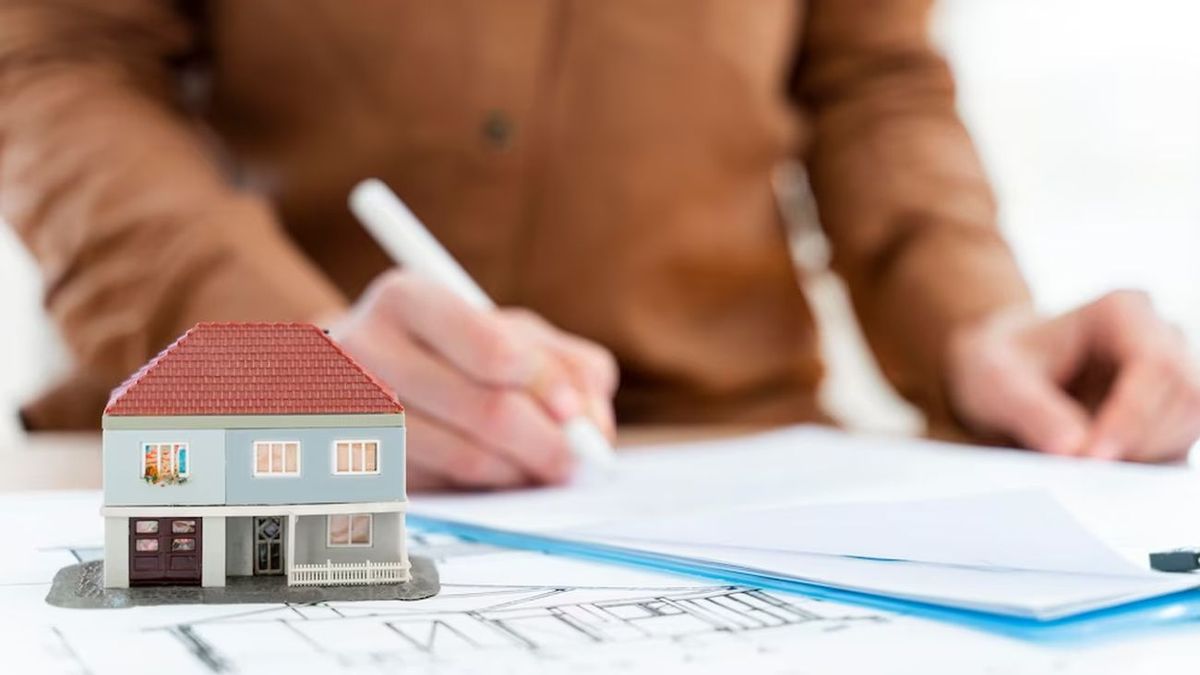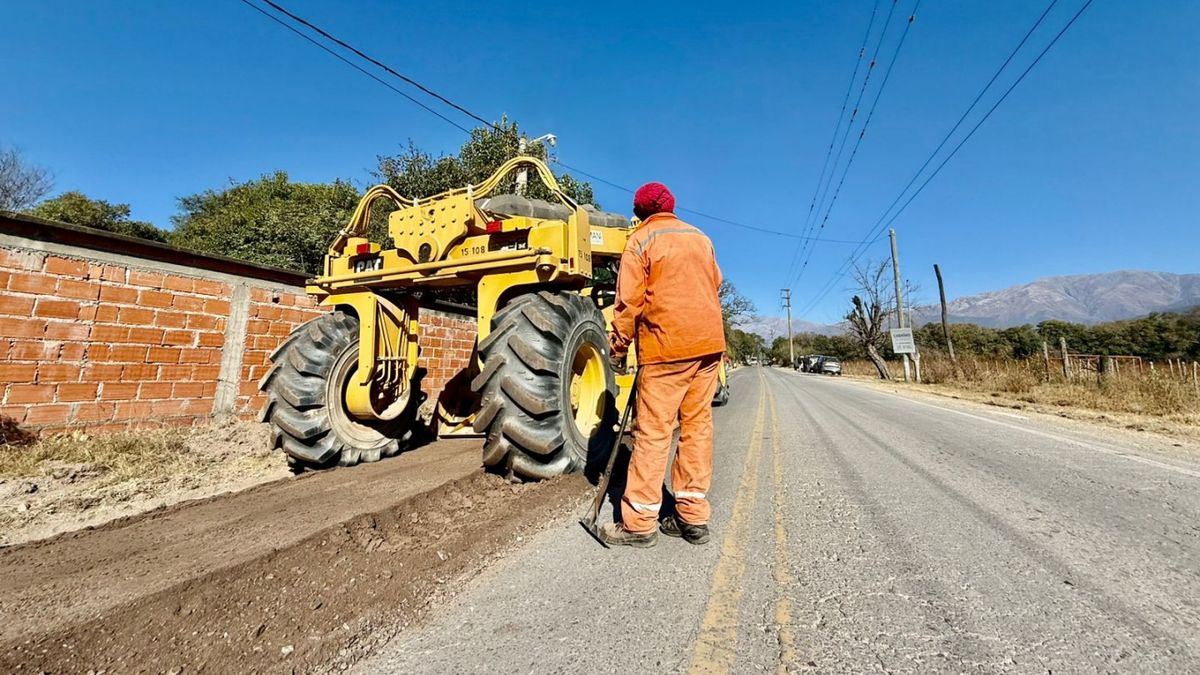In the neighborhoods of Flores and Almagro it starts at 10 and 15 percent above the value of the quota and in Palermo it goes at 35 percent above the average for a location with similar characteristics.
In four neighborhoods of the City, the fee is presented, in principle, as reasonable and even sufficiently attractive for those who can formally meet the income conditions and are willing to responsibly assume the monthly increase in the fee caused by inflation, beyond the interest rate that could be interpreted as adjusted taking into account the current context.
Regarding the rate, Banco Ciudad, for example, offers an additional reduction of 2 points, if the home to be purchased is located in the Microcenter.
In that case, the UVA credits will add up to 3.5 percent that will be applied in that location, which constitutes an additional incentive to reactivate that central area of CABA that still has a significant level of housing stock on offer.
The publication Reporte Inmobiliario gave a descriptive picture of the panorama that those interested in switching from renting to purchasing their own roof encounter when they go out to inquire.
Of course, before comparing the loan repayment against an income, you must have the money for the purchase ticket and the expenses.
Another conclusion is that mortgage credit would also have the virtue of operating as the best “regulation” of the rental market, by decompressing demand.
“There are already more than 18 thousand interested parties registered on the lists and an increase in web activity, so these initiatives seem to be the beginning of a significant change in the supply of financing for the purchase of homes in the country,” said Mariano. García Malbrán, president of Keymex Immobilier and head of the Chamber of Real Estate Services Companies (CAMESI)
Mortgage portfolios
There are already five banks that have launched to offer loans to buy, build or expand homes, taking advantage of the new economic direction that is being seen in the country.
They are Hipotecario, Ciudad, Supervielle, Del Sol and ICBC.
All proposals are in adjustment systems through the Purchasing Value Unit that the Government publishes every day, that is, they use the UVA value to update the values of the capital and quotas.
What makes these new instruments attractive is that inflation has been falling month after month, and the dollar has been stable for months, which shows a positive horizon in this sense.
The first to make its offer known was Banco Hipotecario, with loans for purchase or construction, of up to $250,000,000, that is, 250 thousand dollars, and for expansion and completion of $125,000,000. (125 thousand dollars).
The credits of this financial institution are adjusted by UVA and have a nominal annual rate of 8.5%, which can be reduced to 4.25% for clients with credit of assets in the bank during the first 12 installments.
Banco Ciudad was the one that followed, joining in by providing mortgage loans, with two lines of loans available, also with UVA adjustment.
The first line allows you to acquire a first or second home in all areas of influence of Banco Ciudad (AMBA, provinces of Córdoba, Mendoza, Tucumán and Salta). In UVAs. At 5.5% rate.
The second line for the acquisition of family housing, unique and for permanent occupation in the Microcenter of the Autonomous City of Buenos Aires. In UVAs. at 3.5%.
Banco Supervielle was another of the private banks that joined the movement, offering loans for the purchase, renovation or expansion of homes.
With UVA adjustment, without amount limit, financing of up to 80% of the value of the property, and a maximum term of 30 years (360 installments).
Banco del Sol will also begin to offer mortgage loans in UVA, for the purchase, construction and expansion of housing in the country.
So far they have not released the details of their lines, but they indicated that they will be published on their apps and website.
Finally, ICBC Bank already offers its loans for homes with UVA adjustment.
The term will be up to 15 years, with an exclusive rate of 5% for clients who credit their assets with the bank and 7.5% for the rest of the applicants.
The financing will be up to 75% of the sale value of the property, where each installment will be 25% of the salary of whoever requests it.
First and second home.
In a context where credit is lacking – commented García Malbrán -, a traditional obstacle in the Argentine economy, these new options are not only “good news for potential buyers of their first and second home”, but also for the real estate market in general. , although, he emphasizes.
“These lines of credit currently do not include the purchase of well properties, which limits their impact on the reactivation of the construction sector; the incorporation of a private bank into the scheme suggests a growing interest in this type of financing,” he adds.
Regarding the specific details of the new loans, the head of Keymex Immobilier and president of CAMESI stated that “for example, the maximum financing amounts can reach up to $250 million, with interest rates that vary and payment terms that can be extended. up to 30 years, depending on the bank.”
The conditions establish that the fee must not exceed 25% of the applicant’s income – remember -, which puts into perspective the accessibility of these credits for different segments of the population and the peace of mind that they will be able to meet the agreed quota.
He invited reflection on how these financial tools can better adjust to the needs of the market and effectively contribute to the dream of owning one’s home.
“To achieve this, it would be essential to consider the inclusion of credits that allow financing real estate developments in the well, which in turn could stimulate the construction industry and generate a broader economic impact,” he stressed.
He also urged dialogue between banks, developers, economists and the Government to ensure that mortgage loans are not only within reach, but also respond to the real needs of Argentines in their search for a home.
In any case, he highlighted that this is the first step to improve Argentina’s housing deficit and that this decision “will reactivate the real estate sector to, in this way, boost the economy by promoting private construction activity with all the unions and professions that benefit from its activation”.
Source: Ambito




